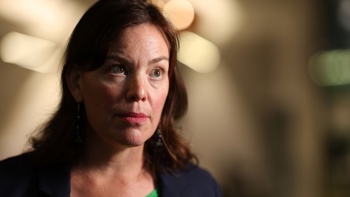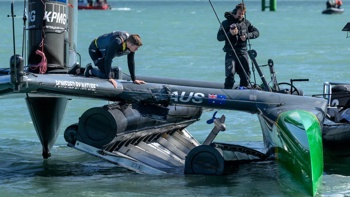
Minister of Infrastructure Chris Bishop has dismissed ASB's reported projection of the country requiring a trillion dollars to get its infrastructure up to the required standard, instead claiming he's less focused on numbers and more on systems.
The report states…
We call it straight
You'll find no mealy-mouthed, non-committal utterances here. Newstalk ZB gets straight to the point with the best opinion writers and exclusive news you can always trust.
Subscribe today. You won't regret it.
SUBSCRIBE NOWAlready a subscriber?
Sign in hereComments
Take your Radio, Podcasts and Music with you









